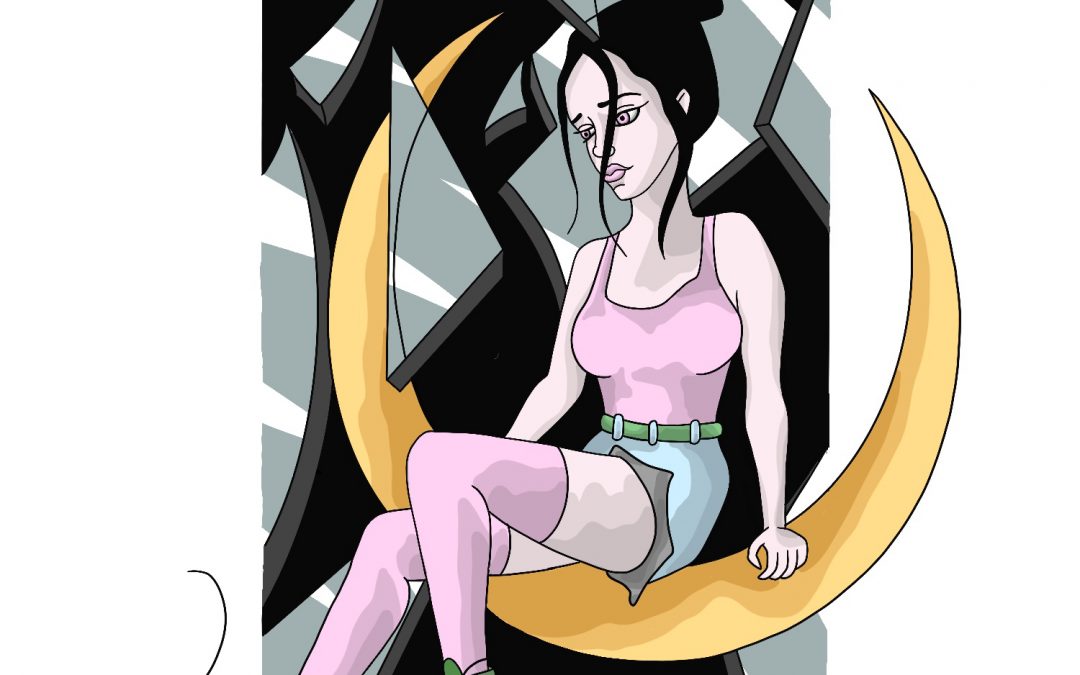Evaldas Gulbinas has been a professional tattoo artist for six years. But his interest in art began many years prior. “My background is in academic art studies and street art,” he says. “ I grew up going to art schools and skateboarding from my teenage years. I was born in Kedainiai, a small city in Lithuania city. I was always surrounded by graffiti art, as I skateboarded to my art classes and from place to place.”
Evaldas completed two art schools in Lithuania (Kedainiai and National M. K. Čiurlionis School of Art). He later moved to London where he completed his Foundation diploma in Art and Design and then earned his Bachelor’s degree in Fine Art-Mixed Media at University of Westminster, London. “I also have an unconditional offer to earn a Master’s in Fine art at Chelsea College of Arts – University of the Arts London (UAL) in London, UK, which starts in October 2020.”
His artistic background along with his work in mixed-media arts naturally led Evaldas to explore tattooing. He completed his first tattoo at 13 years old. “I tattooed my palm (one dot), but I did not know what I was doing,” he recalls. “I just had ink and needle from art school. I felt I needed something and just did it.” At the age of 18, he began tattooing his friends. He later landed an apprenticeship and worked alongside professional tattoo artists. “This time was super fun; I was always busy and creative. I really like the power that comes to me when I’m creating something no matter which media it is.”
Evaldas’ traditional abstract tattooing style also includes Japanese influences, dotwork, and “cry baby” art. “It’s clean work but looks like ‘baby’ drawings. It’s childish, cartoonic drawings, which has some weird elements,” he explains. “I always trying to create style, which nobody has.”
Although his tattoo designs are inspired by daily life, and even his current mood or the mood of his customers, Evaldas is also inspired by other artists such as Takashi Murakami, Yoyoi Kusama, Petter McDonald, and Tony Ousler. “I really like going to Universities that have the future motifs and then going to the studio to tattoo,” he adds. “Sometimes I am very emotional, which I think is good, because then I can absorb things like a sponge and can tell a lot of stories trough art.”
Evaldas is currently focusing on digital media and realism tattooing. When I get back into fine arts in the future, I want to create emotional, futuristic spaces, and explore humans emotions.






